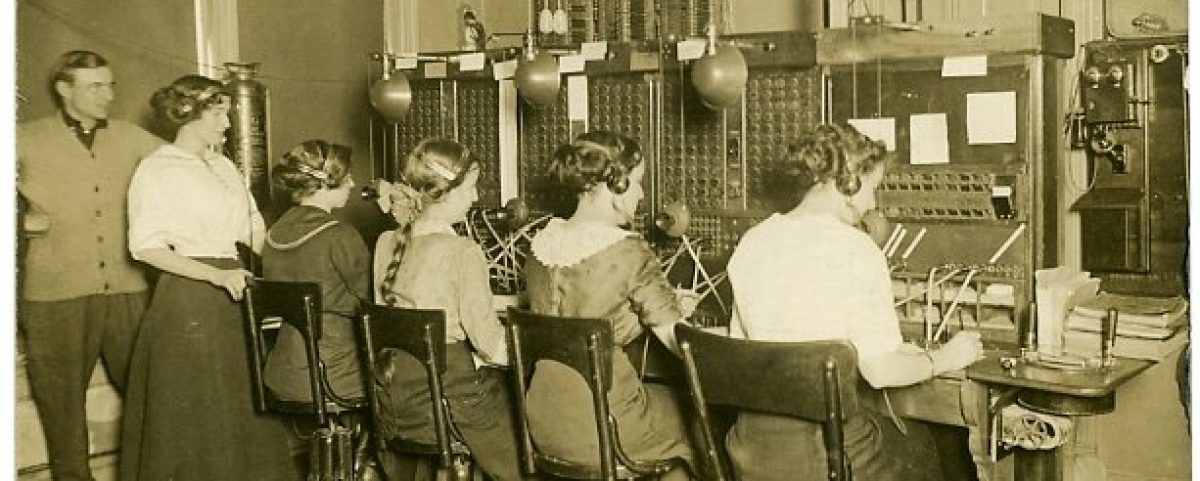I am pleased to announce that my research on Jim Crow discrimination and segregation in healthcare has been selected for inclusion in the Delaware Humanities Speakers Bureau catalog for 2024. This opportunity allows me to share my findings with a broad audience and shed light on a largely unexamined aspect of our history.

During the Jim Crow era, discriminatory practices and segregation extended to all aspects of life, including medicine. Black Americans were denied access or received substandard care, leading to health disparities.
Through my research project, I have delved deeply into the struggles endured by African Americans in fighting against this inequality. Utilizing interviews, archival research, hospital records, and nursing school files, I have unearthed a wealth of information that sheds light on the civil rights movement within the medical field.
Here is the program description:
Fighting Jim Crow Discrimination and Segregation in Health Care examines the experiences of African Americans before the passage of modern Civil Rights legislation in the mid-1960s. By highlighting this little-known history within the context of Delmarva and the broader region, I aim to shed light on the contributions of African American doctors, nurses, and caregivers and the advances made within the Black hospital system. This program will explore activists’ struggles in their fight against racism and their relentless pursuit of equality in medicine and health.

This program aims to help participants understand and discuss this unique civil rights narrative, the lesser-known story about the historic struggle for health equality in the United States and the region, and how this legacy affected African Americans. Here are some of the objectives:
- Recognize the contributions of unheralded African American trailblazers in the medical professions and allied occupations.
- Understand how Black activists, NAACP lawyers, professional organizations, and everyday citizens worked to eliminate discrimination and create equal access.
- Describe how litigation and federal law ended the “separate but equal” legal doctrine for hospitals.
- Discuss the history and legacy of African American healthcare and consider what we can learn from the struggle to achieve equality.
